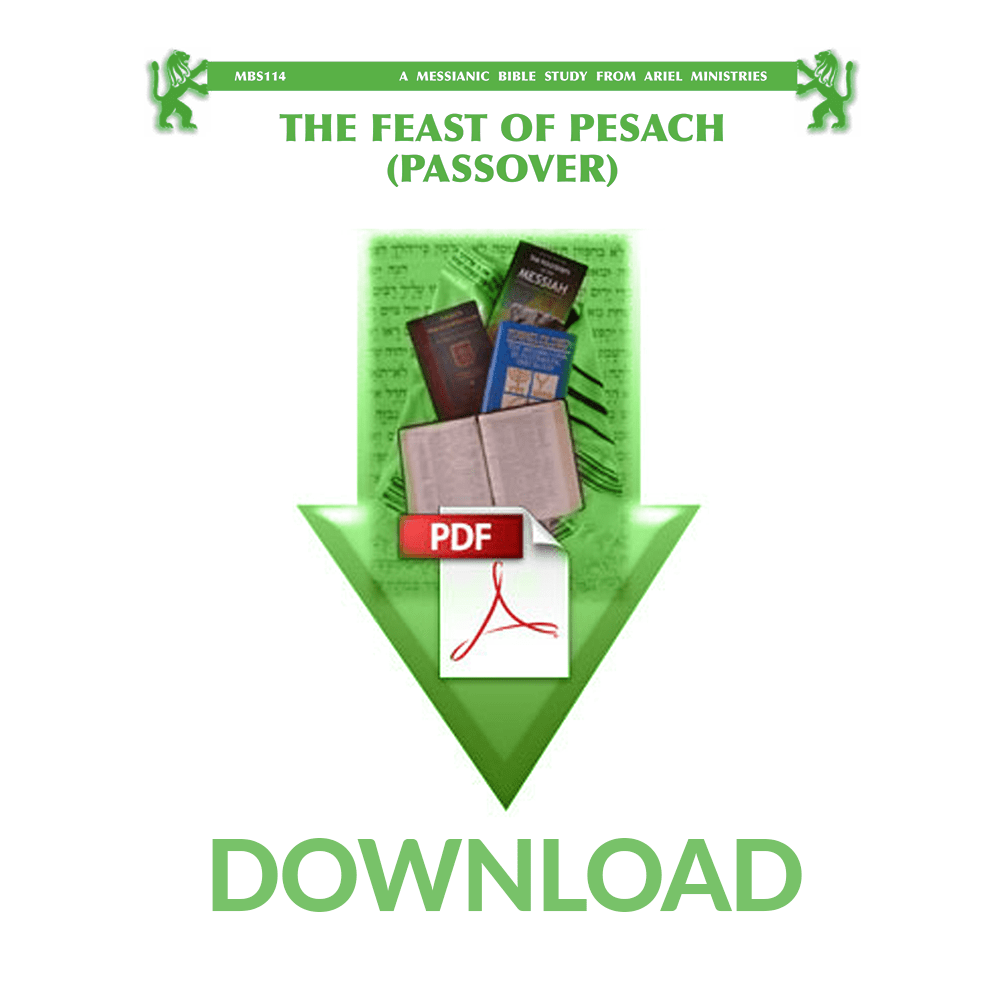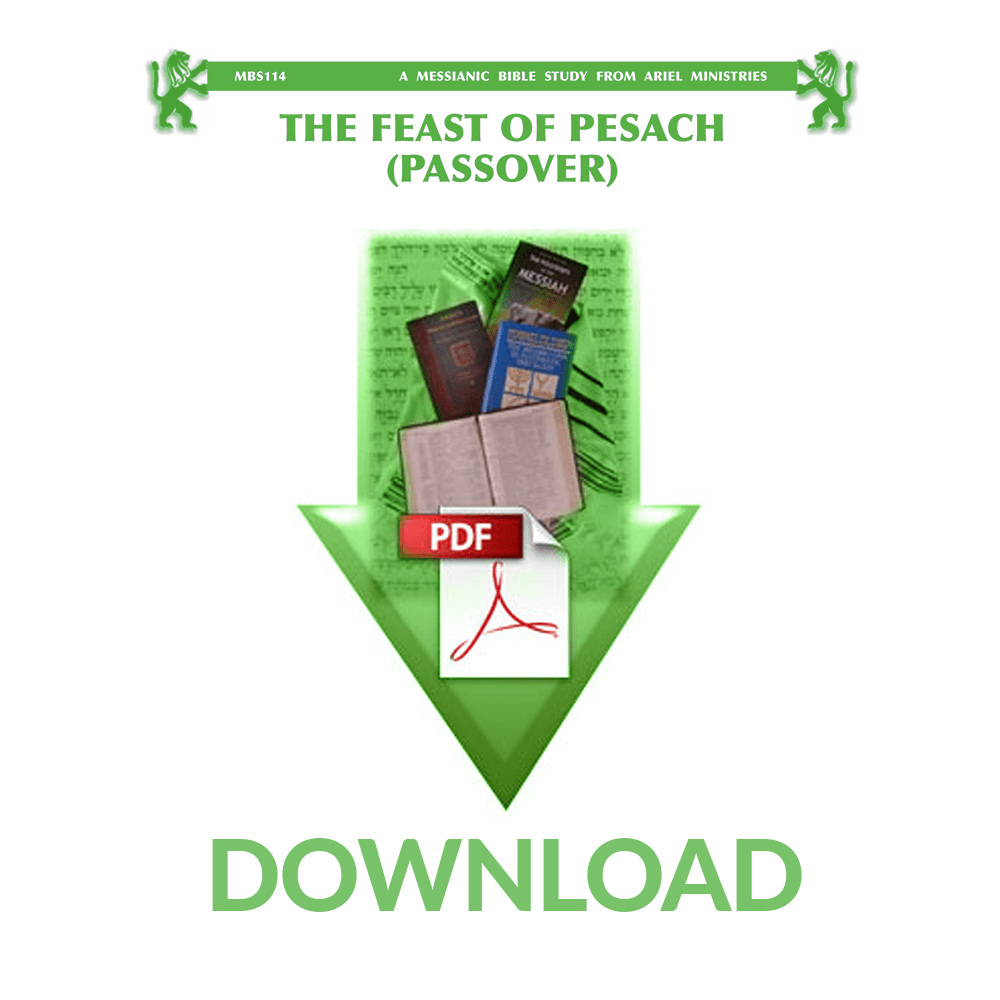It would be incorrect to say that the Catholic Church produced the New Testament. Historically, the Catholic Church as an organized unit came much later. The Church Fathers could not be classed as Catholic, though the Catholics claim them (especially Augustine), but so do the Eastern Orthodox churches and even many Protestants, especially those of the Calvinistic persuasion. The New Testaments as we have it today was already accepted by the body of believers well before there was such a thing as the Catholic Church.
The basic fact is that as the books of Scripture were written by men inspired by God, they were immediately recognized as being canonical by the body of believers. That is true for both testaments.
For example, regarding the Old Testament, it is clear that when five books of Moses were completed, they were recognized as authoritative Scripture by contemporaries and by succeeding generations. Joshua, the successor of Moses, speaks of the writings of Moses as being authoritative and therefore to be obeyed. Also, Jeremiah and Daniel were contemporaries, and Daniel 9:1-3 clearly shows that he recognized the writing of Jeremiah to be Scripture and authoritative.
The same principle applies to the New Testament: The books written either by the apostles or by apostolic legates were recognized to be Scripture immediately upon being written. In II Peter 3:16, Peter equates the writings of Paul to be Scripture.
It was not the Council of Yavneh (sometimes referred to as Jamnia) that determined what the Hebrew canon was going to be. The council generally recognized which books were inspired, but did not determine the inspiration of those books. The same thing is true with the New Testament. Church councils recognized the books that were inspired, but did not determine the inspiration. These church councils came before there was a Catholic church. The Catholic Church as an organized entity came well after the Council of Nicea.
The view expressed here is generally the Protestant position on the canon of the New Testament.
back







